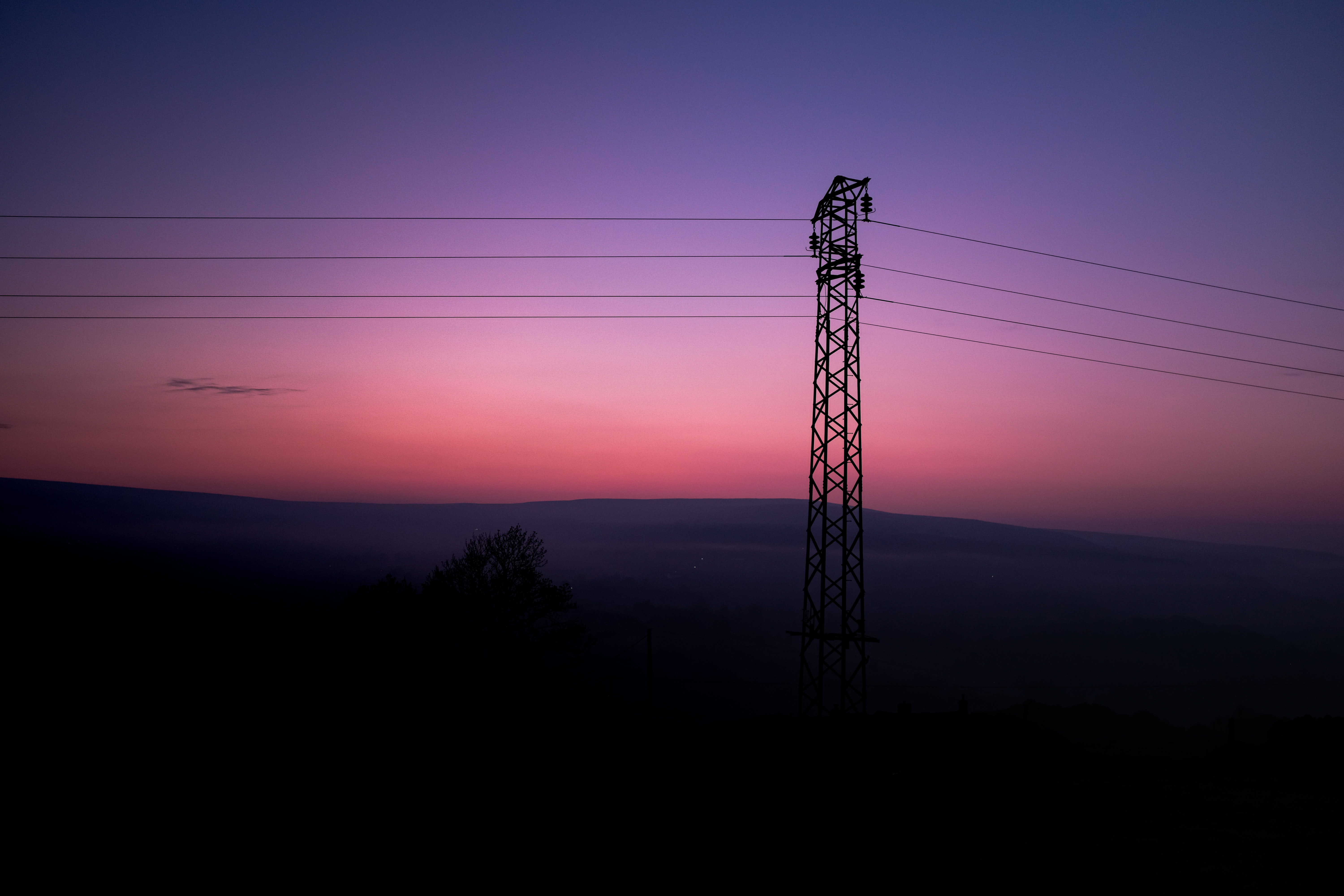325 results found
Featured results

More results
Volta, a San-Francisco based EV charging company, partners with retailers, shopping malls, grocery chains, and others to place Volta’s chargers in prime parking spots in front of their businesses. The charging stations will also come with two billboard-sized screens for displaying advertising. An initial 15 minutes of charging is free to customers. California State Government supports the deployment of zero-emissions vehicles and fill gaps in the state’s EV infrastructure.
The City of Paris has used Energy Performance Contracts (EPCs) to refurbish 240 schools in two phases, with a third phase now underway. The refurbishments, tailored to each school, include window renovations and the installation of LED lighting, sensors, insulation and new boiler systems.
The Indonesian Government aims to expand its geothermal energy sector to reduce greenhouse gas emissions. The Green Climate Fund (GCF) and Clean Technology Fund (CTF) are offering USD127.5m in financing, consisting of a senior concessional loan for public sector projects, a reimbursable grant for private sector projects, and a grant for technical assistance. World Bank will also provide USD100 million loan to scale up investments in geothermal energy in Indonesia.
In the Netherlands, the regulatory requirement is that the surface layer of asphalt roads have a whole-of-life span of six years. Currently, 60% of rubble from broke-up old roads can be reused in the construction of new roads, however increasing that percentage of reuse is mostly improbable due to stability and safety concerns. Dura Vermeer, a Dutch construction, infrastructure, and engineering business, has developed the technology to create top layer asphalt which can last up to 15 years (twice as long as current asphalt roads), but costs 10% more than regular asphalt roads.
In Guanajuato, Mexico agriculture accounts for about 84% of water rights. Significant growth in agricultural production and use of groundwater wells have led to a 2 metre annual decrease in groundwater levels. Improving agricultural irrigation practices has the potential to address agricultural water inefficiencies for water-stressed regions like Guanajuato. MWS is a collaborative approach to improve economic outcomes for farmers, create resilient supply chains, and increase water efficiency by using ‘pay for performance’ to accelerate sustainable agriculture practices in water-stressed regions.
Globally, Sub-Saharan Africa experiences one of largest energy access gaps. Electricity reaches only about half of its people, while clean cooking only one-third; roughly 600 million people lack electricity and 890 million cook with traditional fuels. This has a disruptive impact on social infrastructure such as schools and hospitals which lack reliable electricity. A clean energy revolution in sub-Saharan Africa is urgently needed to win the fight against energy poverty.
Joint European Support for Sustainable Investment in City Areas (JESSICA) is a partnership between the Council of European Development Bank (CEDB) and the European Investment Fund, which has provided EUR2.1b (USD2.5b) in co-investment in circular economy projects since 2015. The EU JESSICA Urban Development Funds (UDF) contain financial contributions from EU member states, cities, and other public and/or private sources. These are invested in the form of equity, loans, and guarantees for projects that support sustainable urban development and regeneration in cities.
The Indian government has committed to reducing the emissions intensity of its GDP by up to 25% by 2030. Buildings are identified in its nationally determined contributions (NDC) as one of the key levers to achieve this goal. The World Bank identified India as a prospective case study to carry out a quantitative assessment of the potential impact of the mechanism due to its complex?housing market, economic conditions and Federal structure. An economic cost-benefit analysis was conducted using the Excellence in Design for Greater Efficiencies (EDGE) green building software and cash flow modelling to assess the potential impact of a USD50m auction on the Indian market.
Due to decreasing aquifer water level (280 million m3 per year), Veolia Water Technologies (Veolia) partnered with The Nature Conservancy (TNC) and local municipality to propose the establishment of a water fund to finance changes to local water-catchment and uses. As a result, Livelihoods Funds created a project to support vulnerable farmers in Aguascalientes to invest in drip irrigation equipment to enhance farm resilience. Changing to a drip irrigation system showed a 50% - 70% decrease in water consumption by farmers. If the 5,000 local family farmers in the water catchment area adopted this system through the new fund, this results in approximately 65% reduction of the annual aquifer deficit.
In 2017, amid severe drought, the City of Cape Town, in South Africa was issued its first Green Bond, which was used to invest in projects aligned to city’s sustainability goals to adapt to and mitigate climate change. The ZAR1 billion Green Bond was used to fund and refinance a number of green projects?in the city including procurement of electric buses; energy efficiency in buildings; water resilience initiatives; sanitation treatment; and the coastal structure protection and rehabilitation. At the time, Cape Town had the only green bond in the country to be accredited by the Climate Bonds Initiative (CBI) and demonstrated market appetite for green and climate initiatives.
RaiseGreen is a new crowdfunding marketplace/platform for green projects. Individuals, startups, non-profits or even local governments looking to start their own green projects can utilise the platform to create and develop the project, set their own terms, and present their offering on RaiseGreen’s platform for potential investors. The platform offers a wide variety of replicable, templatised investment opportunities for solar power, affordable housing, EV charging stations, agriculture, water projects, and microgrids.
CFA is a 4-year programme funded by the UK Department for Business, Energy & Industrial Strategy (BEIS). Aims to identify and develop pipelines of bankable climate-related projects that can attract investment at scale from the private sector. In 2017, Nigeria took part in the inaugural pilot CFA process The CFA initiative has since been extended to Mexico, Colombia, Peru, South Africa & Turkey. Stakeholders involved Conceiver: Ian Callaghan Associates Funder: UK Government (BEIS) Neutral convener for the CFA process: Nigerian Economic Summit Group
After 99% of Queensland was declared a natural disaster zone due to the cumulative effects of Cyclone Yasi and widespread flooding, the Australian Federal Government imposed a one-off levy to finance AUD1.8 billion to rebuild infrastructure.
The rapid growth in Indonesia’s urban areas required a rapid scale up in infrastructure investment. The Government of Indonesia set up Indonesia Infrastructure Guarantee Fund (IIGF) as a state-owned enterprise (SOE) to leverage private investments in infrastructure projects by providing government guarantees or credit enhancements to PPP projects.
The Contracts for Difference (CfD) were introduced as part of the UK's Electricity Market Reform to incentivise investment in secure, low-carbon electricity, improve the security of the UK’s electricity supply, and improve affordability for consumers.
New legislation helped enable construction of the Tsukuba Express Line for fast travel between central Tokyo and the nation’s largest research hub.
As the government of Saudi Arabia aimed to rapidly diversify its economy away from oil, there was an increased focus on sustainable strategies and growth of Islamic capital markets. With its Green Sukuk Framework, Saudi Electricity Company raised USD1.3 billion for low-carbon and climate-resilient infrastructure.
To help transition to a low-carbon green economy, China announced plans to grow a corporate green bond market, establishing pilot zones in five provinces and autonomous regions to inform national green finance policies.
The Chicago Infrastructure Trust (CIT) was created in 2012 to provide focus and leadership to build a pipeline of executable public-private partnership projects to meet Chicago’s infrastructure needs, drive economic development, and create jobs.
Singapore's SolarNova program is a whole-of-government effort to accelerate the deployment of solar photovoltaic (PV) systems. The government took the lead in rolling out the rooftop PV systems across public housing and government buildings in collaboration with solar developers.
























